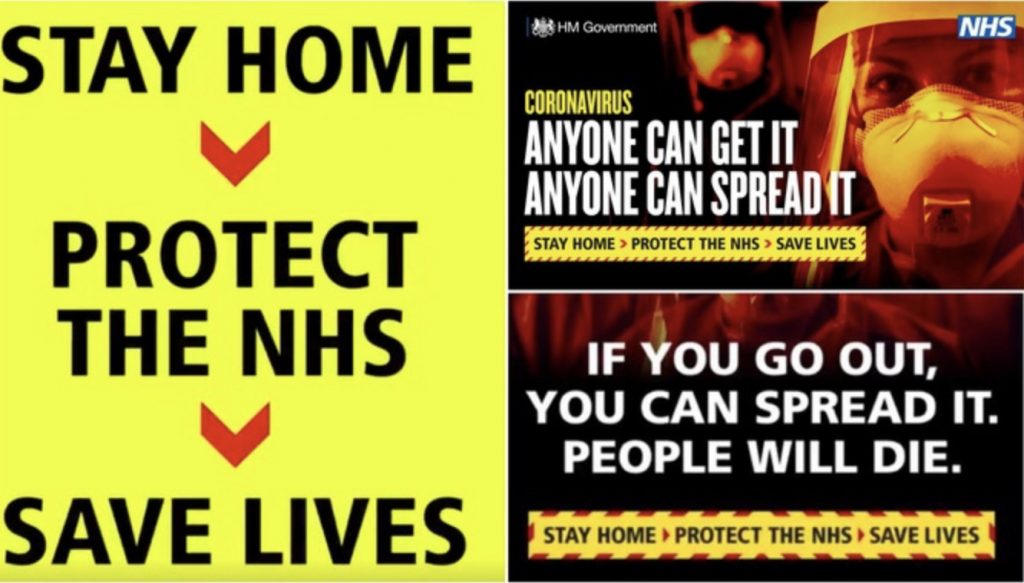
Lockdown is our new reality. Here in the UK, just a couple of weeks ago, people were going about their daily business, getting on flights, meeting friends for coffee. On Monday March 16th we were told we needed to be cautious. By Friday, schools, leisure centres, restaurants were told to close and all public exams had been cancelled. Early panic buying led to empty shelves in supermarkets and all we heard on the news was the death toll getting worse around the world. We all became experts on graphs and virology. Glorious sunshine after months of rain was a mixed blessing – rain might have made us more depressed – but sunshine seemed to mock us when we couldn’t go beyond our immediate vicinity or meet friends.
Everyone reacts differently in times of change and all reactions are of course, valid. It’s natural to feel anxious or afraid, especially of an invisible enemy. The scary part for me was the thought that I could be spreading the virus even if I don’t have any symptoms. But amongst all the obvious negatives – the hoarders, the selfishly foolish – we can also look at some positives and what lessons we can learn.
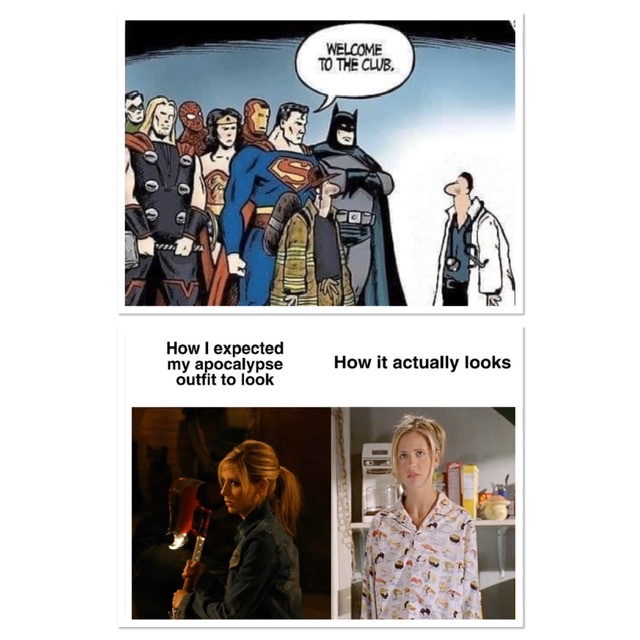
The first is a mindset – that we are not stuck at home, most of us are lucky to be safe at home. And we are being asked to stay in the comfort of our homes, not sending loved ones to war. Multiple memes illustrated the superhero costume we thought we would need for a world crisis, when in fact, we just need pyjamas! Of course, our NHS frontline and keyworkers are the real superheroes in all this and do think about those for whom home is sadly not a safe place.
Communities have also come together in a remarkable way. Half a million people registered on the NHS volunteer app within a couple of days offering transport, shopping and other assistance to those most vulnerable. Volunteer helplines were set up offering phone support; loneliness affects mental health as much as the virus affects physical health. Local neighbourhood groups did the same, others raised money through social media to keep local hospital staff supplied with fresh fruit and vegetables. Schools are using 3D printers to manufacture much needed personal protective equipment, as well as donating gloves and goggles. Our local mosque, ShahJahan Masjid in Woking, though closed for communal worship, is nevertheless very active: sending out Friday sermons through WhatsApp, holding online classes, as well as collecting and distributing food parcels to any in the community who need them. A local Catholic Church donated £2000 towards this initiative – a lovely example of inter-faith harmony towards a greater good.
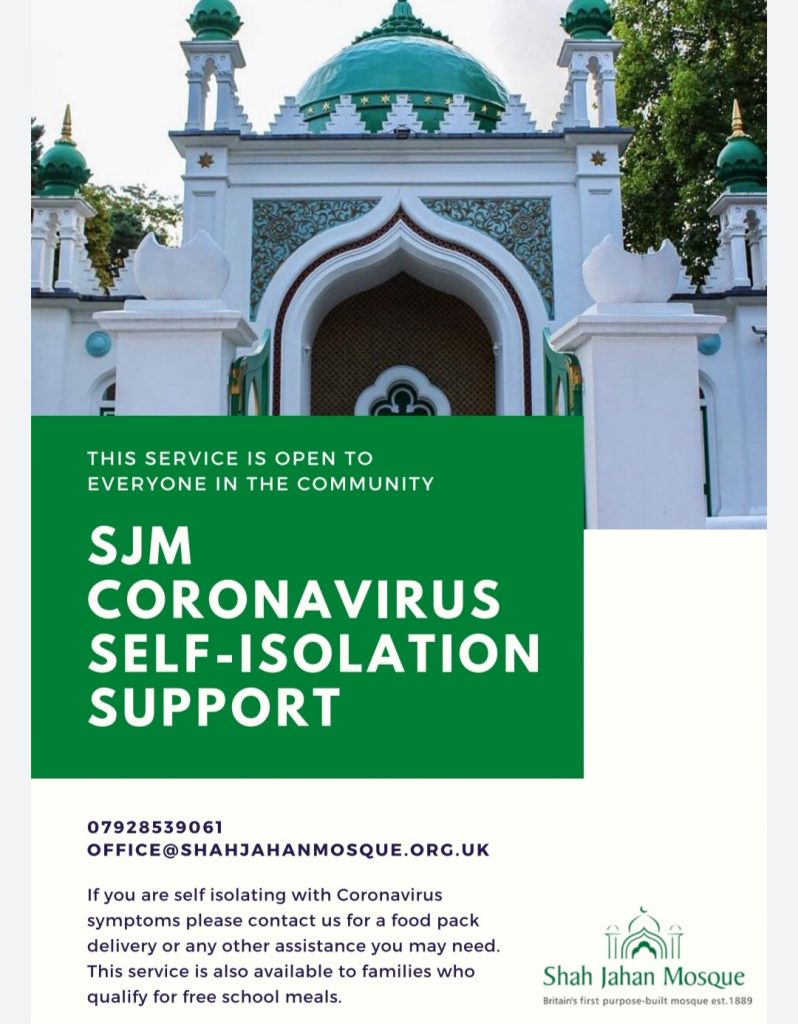
As a practising Muslim, I see this as a test as well as a sign. A sign of how fragile all our carefully constructed systems are and how easily the world can be brought to its knees by a tiny, invisible virus. Throughout history, the arrogant have been shown that they are not invincible. So many current leaders personify this. It’s also a test of how we react. Do we spend all our time forwarding unverified stories of doom and disaster with ever-spiralling panic, do we exert some measure of control in what we listen to or do we use this as an opportunity to reset our priorities and improve our character through patience and thinking of others?
Aisha reported: I asked the Messenger of Allah, peace and blessings be upon him, about plagues and he said, “ Any servant who resides in a land afflicted by plague, remaining patient and hoping for reward from Allah, knowing that nothing will befall him but what Allah has decreed, he will be given the reward of a martyr.”
(Source: Ṣaḥīḥ al-Bukhārī 5402)
So even as we mourn for those who have died, we see Allah’s mercy and forgiveness in elevating people to a higher rank than their deeds alone. I was deeply saddened to learn of the death of my first boss, the irreplaceable Fuad Nahdi, knowing I would not be able to attend his funeral. But through the power of technology, more than two thousand people saw his burial and prayed for him.
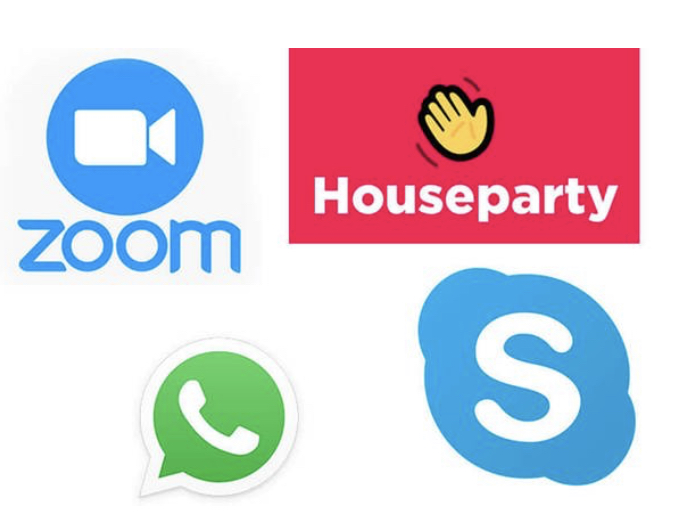
Probably for most people, the hardest part is not being able to visit family or friends. Our most basic freedoms are now restricted. Do we finally appreciate these, now they have been taken away? Will we spare a thought for those people whose basic freedoms have always been restricted? We are blessed to live in a time where the phone and internet connect us in so many different ways. Everyone I know is using Zoom, Skype or Houseparty like a pro!
One of the ironies of this situation is the value we place upon people. Sadly, how much a person gets paid often correlates to their perceived worth. As a teacher myself, I did enjoy the videos of exhausted parents turned primary teachers saying they now appreciate how hard the job is and that teachers deserve to be paid millions! We can do without the billionaire hedge fund managers right now — we need our doctors, nurses, farmers as well as other key workers many previously considered low skilled and unimportant: the hospital cleaners, the supermarket stackers, the fruit pickers. The people society needs most are often the most over-worked and under-paid. The other irony is that right wing governments have been forced to pass the most socialist packages in living memory.
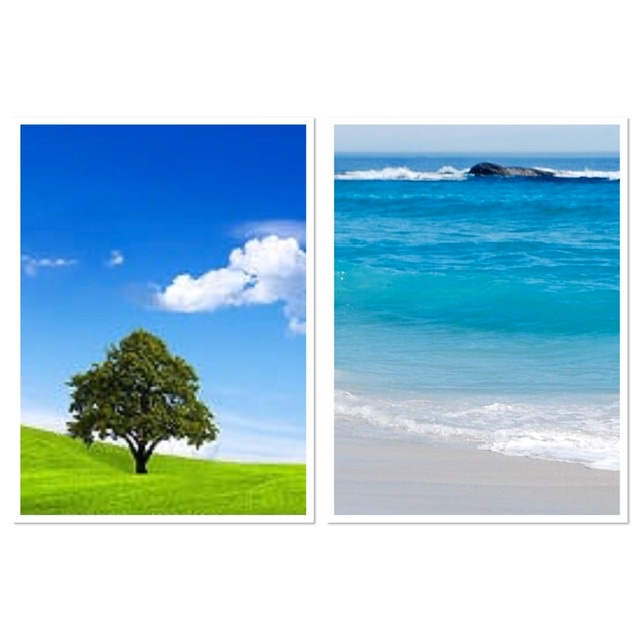
Going forward, will we make positive changes after this is all over? Dolphins in Venice may have been fake news, but air quality is better and the earth has shown signs of healing even after a few short weeks. Will we respect our environment more, be kinder to others, show appreciation, be grateful for our blessings, maintain closeness with our creator? Small actions can have a ripple effect. Let’s use this opportunity to see more clearly and focus on our relationships rather than material success.
In my next blog, I’ll be discussing potential benefits of isolation and ideas for family time. In the meantime, stay safe, stay home and keep washing your hands!
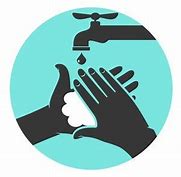
Aoothu bi kalimaatil-laahit-taammaati min sharri maa khalaq.
“I seek protection in the perfect words of Allah from every evil that He has created.”
(Source: Sahih Muslim, 2708)

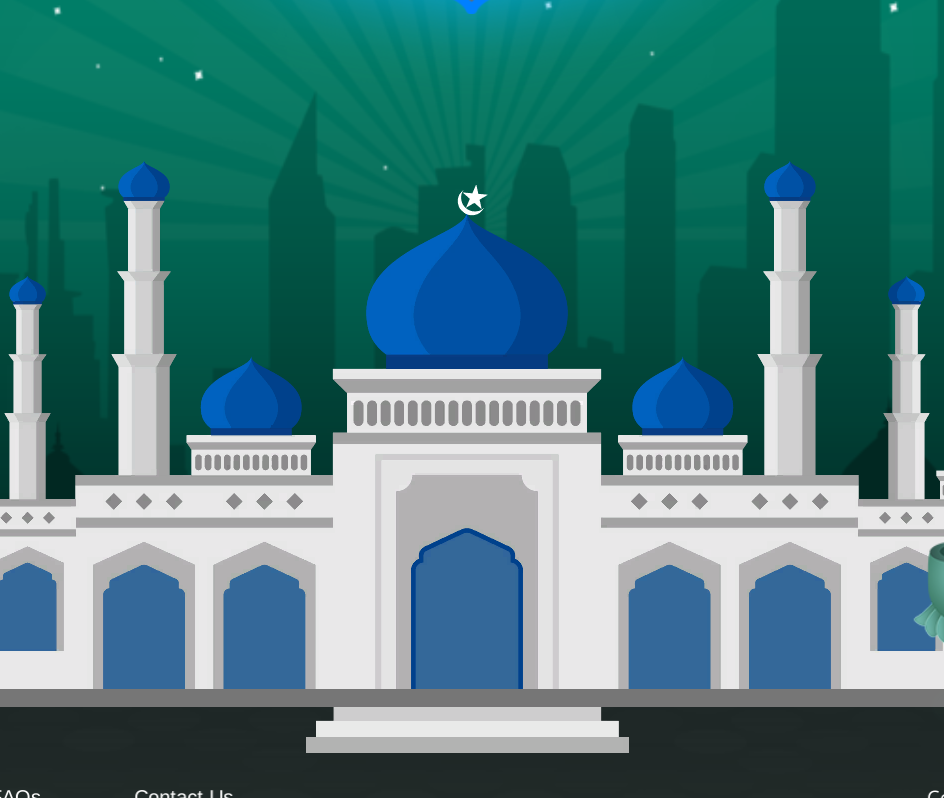

Beautiful reflection Sadia
Jazakillah khair
May you and family stay blessed, Inshallah. Keep on honing good reflections.